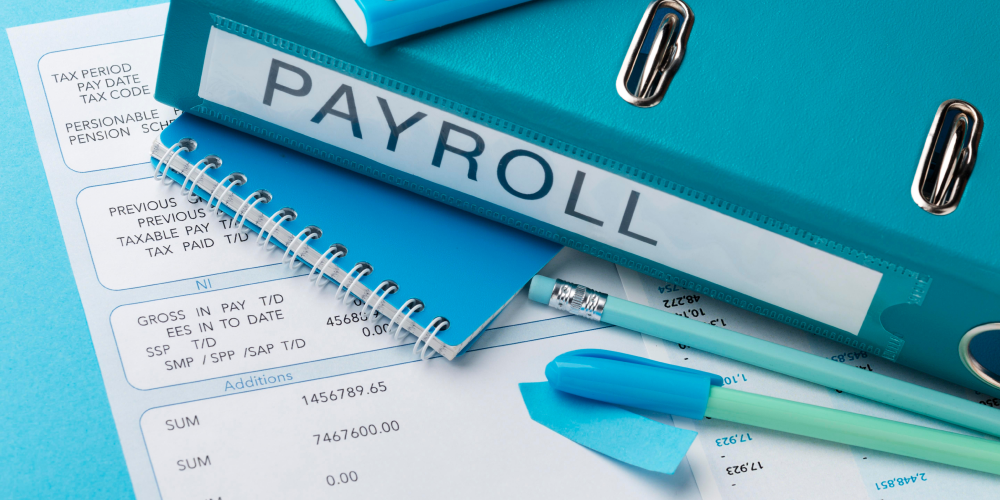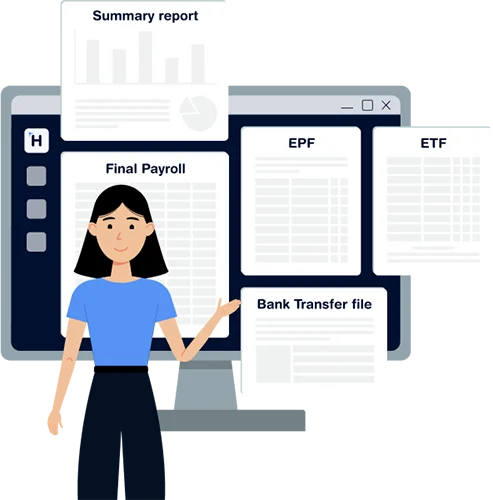Laws Behind Stamp Duty in Sri Lanka
Stamp duty ordinance was enacted in Sri Lanka in 1909. Thereafter in 1982 Parliament enacted No 43 of Stamp Duty Act to provide for the imposition of stamp duty on instruments and documents and for matters connected therewith or incidental thereto.
Stamp Duties on immovable property and certain movable properties were devolved to the Provincial Councils by the 13th Amendment to the Constitution and stamp duties administered by the central government was suspended with effect from 1st May 2002. The government reintroduced stamp duty and enacted Stamp Duty (Special Provisions) Act No. 12 of 2006, but for only ten instruments.
Those specified instruments are :
- an affidavit,
- a policy of insurance,
- a warrant to act as notary public,
- a periodic license to carry on trade, business, profession or vocation,
- a claim, demand or request made by a service provider from the holder of a credit card, for the payment of a stated sum of money, due in respect of a transaction entered into using such credit card;,
- a mortgage for a definite sum of money which affects a property,
- a promissory note,
- a lease or hire of any property,
- a receipt or discharge given for any money or other property
Stamp Duty for Payroll
Although there are several instruments that require remittance of stamp duty, when it comes to payroll you will be considered under the 9th or the last instrument, “a receipt or discharge given for any money or other property”.
In simple terms, whenever a sum of money exceeding 25,000 rupees is paid or received, a stamp duty fee of 25 rupees has to be paid to the IRD (Inland Revenue Department).
Compounding of Stamp Duty
For the purpose of compounding, registration should be obtained from the Department of Inland Revenue. The following persons should obtain the registration.
- any person who issue insurance policy;
- any authority issuing licenses;
- any service provider of Credit cards
- any employer employing more than 100 employees
- any other person issuing any other instrument having regard to an impracticability or inexpediency of stamping instruments of such category, at the time and in the manner prescribed.
The compounding Authority required compounding the relevant Stamp Duty and making the remittances to the Commissioner General of Inland Revenue quarterly within 15 days from the end of the quarter. A separate schedule should be maintained for each instrument category.
Mode of payment
Stamp duty can be paid either online or manually.
Guide to filling the stamp duty form – contains online and manual methods
How to register for a tax type – online registration for stamp duty



